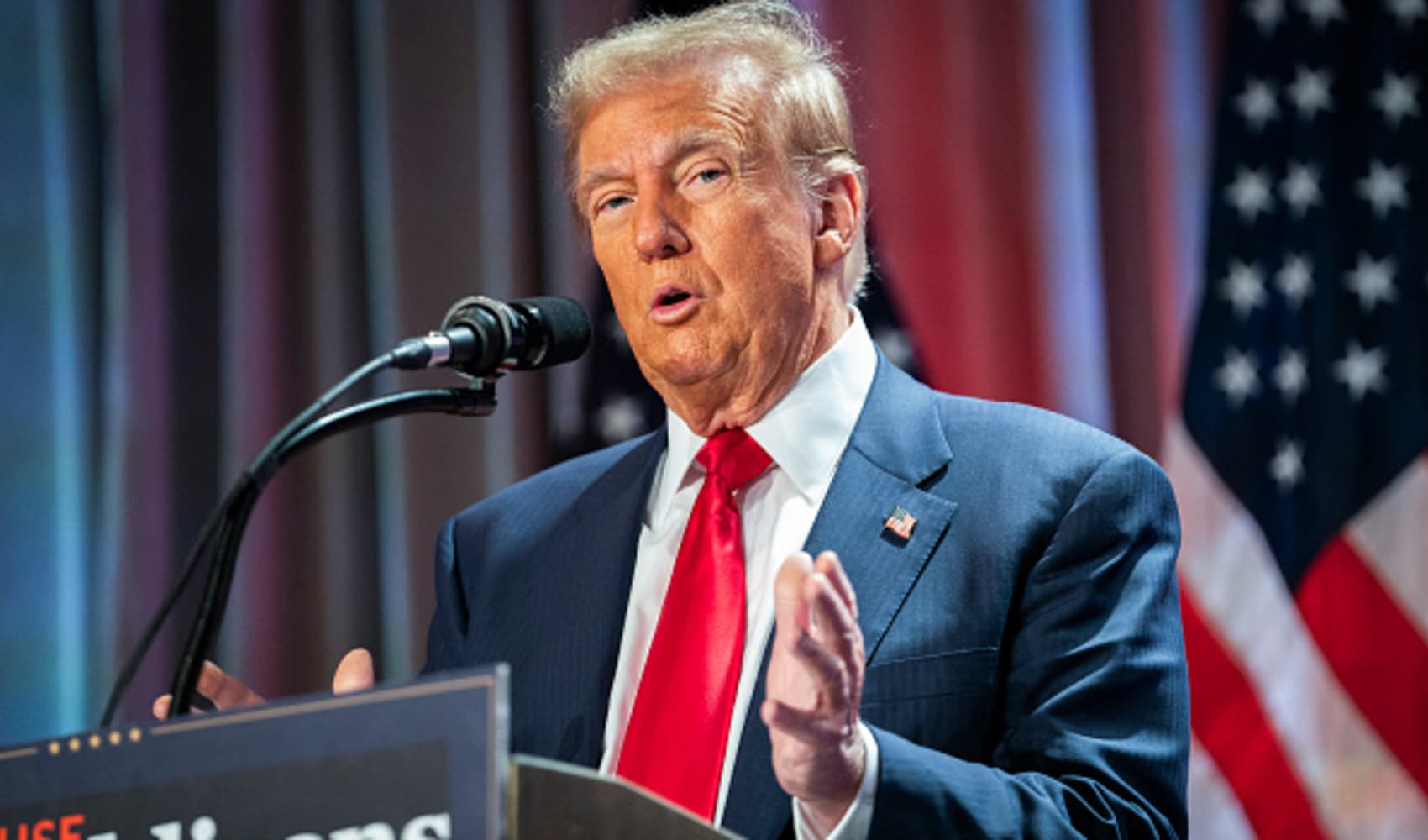
- Bou Habib said he supported the positions of some European countries that have stopped sending weapons to Israel, and that he felt the U.S. should stop arming Israel as well.
- Washington remains Israel's primary foreign backer, sending it roughly $4 billion annually in military aid, which constitutes about 16% of Israel's defense budget.
Lebanon's foreign minister called on the U.S. to pressure Israel and bring an end to its bloody war with Palestinian militant group Hamas, which has now entered its fifth month.
Speaking to CNBC on the sidelines of the Munich Security Conference, Abdallah Bou Habib stressed that establishing a pathway to peace was essential, and that Washington is in a position to lead the way.
We've got the news you need to know to start your day. Sign up for the First & 4Most morning newsletter — delivered to your inbox daily. Sign up here.
"We want peace, I think the Palestinians are ready for peace and Americans should — [they are] the only country that can really enable peace," Bou Habib told CNBC's Silvia Amaro. "But they should exert some pressure over Israel like what happened in the 70s, Kissinger was there, and he exerted pressure on Israel to do the peace."
The minister was referencing former U.S. Secretary of State Henry Kissinger's history-making diplomatic push in 1973, during the so-called Yom Kippur war between Israel and a coalition of Arab states. After six whirlwind trips to the region, Kissinger managed to pressure Israel to withdraw from some of the Arab territory it had occupied, as both a means of military disengagement and also within the context of Israeli security.
Bou Habib said he supported the positions of some European countries that have stopped sending weapons to Israel, and that he felt the U.S. should also stop arming the country.
Money Report
Washington remains Israel's primary foreign backer, sending it roughly $4 billion annually in military aid, which constitutes about 16% of Israel's defense budget, according to the Congressional Research Service. According to the U.S. Agency for International Development, Washington has provided Israel with $318 billion in military and economic aid since 1951, adjusted for inflation.
Recent bills in the U.S. Congress have allocated tens of billions more in military aid since the Hamas terror attack of Oct. 7 that killed roughly 1,200 people. Israel's subsequent offensive against the Gaza strip and relentless bombing campaign has killed more than 28,000 people in the blockaded territory, according to local Hamas-run health authorities.
If the U.S. can't play a prominent role in stopping the hostilities, "then the war will continue," Bou Habib said. "It's the U.S. which is able to really force peace in the region."






